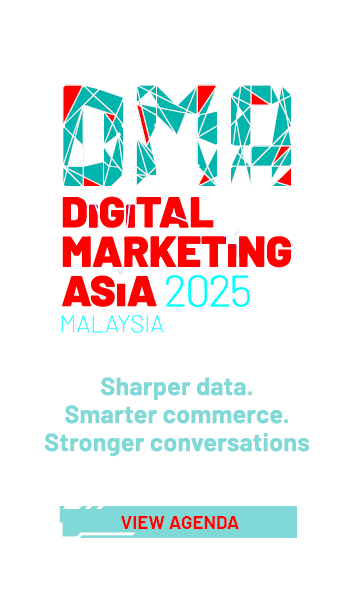



MOH to ban ads for high-sugar beverages including bubble tea
share on
The Ministry of Health (MOH) will be prohibiting advertising for pre-packaged beverages with high sugar and saturated fat content by 2021, with the level of sugar being determined by a colour-coded nutrient-summary label called "Nutri-Grade". These two new measures will be implemented by the end of this year, and come into effect one year later. These come five months after the ministry announced its latest plans to clamp down on diabetes.
The two new regulatory measures are in line with the ministry's effort to combat diabetes, as it aims to provide Singaporeans with the right information to make their own healthy choices, and at the same time, encourage manufacturers to reformulate products and create healthier options.
Under these regulations, all pre-packaged beverages will be graded on a single set of nutrient thresholds, based on their sugar and saturated fat content. Beverages will be graded from A to D, with Grade A (indicated in dark green) corresponding to the lowest sugar and saturated fat thresholds, and Grade D (indicated in red) corresponding to the highest sugar and saturated fat thresholds. Additionally, MOH will also indicate the sugar level of the beverage as a percentage of the total volume. This enables Singaporeans to compare sugar levels across beverages within the same grade and across different pack sizes.
Besides being on the front of product packaging, the Nutri-Grade will also be displayed at points of sale where customers do not have direct access to the product.
This includes eCommerce websites, vending machines, and drink fountains. The label will be mandatory for beverages in Grades C and D, but it encourages all manufacturers to label their products with the Nutri-Grade.
MOH will also be extending the labelling and advertising measures to freshly prepared beverages such as herbal drinks and bubble teas.
As a start, the measures will apply only to larger chains because they tend to have more consistent recipes and significant reach. MOH said it will study the local landscape to determine the appropriate criteria for what comprises a "large chain". MOH will be prohibiting advertising for beverages who are labelled as Grade D on the Nutri-Grade. This includes advertising on both traditional and new media platforms across all time belts.
According to MOH, this measure will reduce the impact of advertising on consumer preferences and encourage manufacturers to reformulate. Advertising of beverages who are labelled Grade A to C will not be prohibited.
Meanwhile, to encourage Singaporeans to opt for plain water instead, MOH will also be working with agencies like the National Environment Agency, Housing and Development Board, Land Transport Authority and National Parks Board to increase the availability and accessibility of drinking water in the community. MOH aims to install more water dispensers at 82 hawker centres by mid-2020. According to MOH, water dispensers are currently available in 30 hawker centres, parks, and 14 bus interchanges and terminals.
In line with these new regulations and initiatives, the Health Promotion Board will launch a campaign to educate consumers on using the Nutri-Grade labels, to guide purchases and consumption decisions, as well as a nation-wide campaign to promote plain water.
The war on diabetes in Singapore was declared in 2016. In 2018, Gov.sg launched a kungfu (chinese martial arts) spot during Chinese New Year, warning of the dangers of over-indulging during the holiday in a bit to counter the spread of diabetes. The spot, commissioned by the Ministry of Communications and Information (MCI), was conceptualised by Tribal Worldwide DDB and pays homage to the quintessential kungfu films which often make its rounds on television during the Chinese New Year period.
Back in 2017, MCI also launched an out-of-home activation, where it created domino installations at various locations in town and heartland areas. The falling rows of four life-sized dominoes conveyed how bad habits can eventually lead to diabetes and health complications. The installation was set up to illustrate to Singaporeans that the choices they make now can have a cumulative effect on their future health.
Read also:
HPB launches ad activation to take the right steps against diabetes
MCI and MOH battle diabetes with a new campaign
share on
Free newsletter
Get the daily lowdown on Asia's top marketing stories.
We break down the big and messy topics of the day so you're updated on the most important developments in Asia's marketing development – for free.
subscribe now open in new window